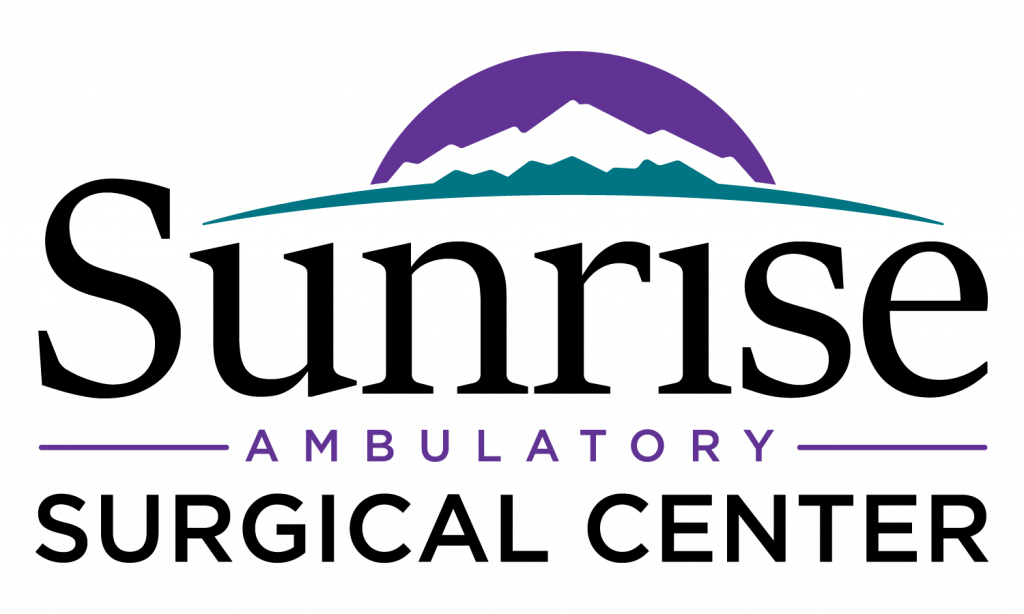Helicobacter Pylori (Stomach Infection)
Helicobacter pylori (H. pylori) is a bacterium that causes inflammation of the stomach, chronic gastritis, and ulcers in the stomach or small intestine.
Most people with an H. pylori infection never experience symptoms. When symptoms do occur, it is usually because the bacterium has caused an ulcer to form.
Symptoms of H. pylori
- An ache or burning pain in your abdomen
- Nausea
- Vomiting
- Frequent burping
- Bloating
- Weight loss
This infection is usually acquired in childhood. H. pylori bacteria can be passed from person to person from direct contact with saliva, vomit or fecal matter. It can also be spread through contaminated food and water.
People with H. pylori infections may be more likely to develop cancer in the stomach, including mucosa-associated lymphoid tissue (MALT) lymphoma. The bacterium weakens the protective coating of the stomach and first part of the small intestine, allowing digestive juices to irritate the sensitive lining.
Tests to Diagnose H. pylori
- Blood test
- Breath test
- Stool test
- Upper endoscopy with biopsy
Treatments for H. pylori
H. pylori are usually treated with a combination of two antibiotics. Your doctor will also prescribe an acid suppression drug such as PPIs (proton pump inhibiters) or H2 (histamine-2) blockers to help the lining of your stomach heal. Once the bacteria are completely gone from the body, the chance of its return is low.
